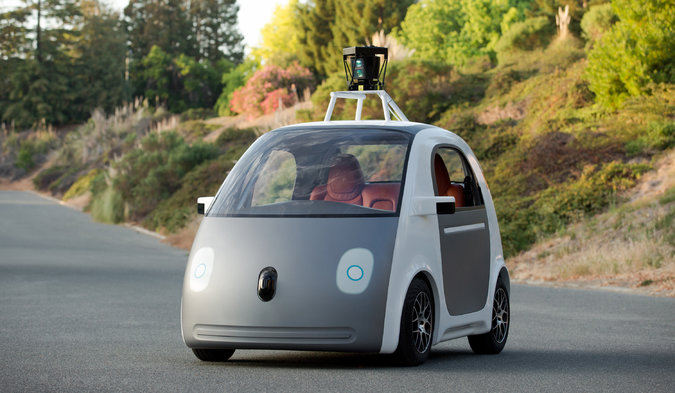Logic and logistics suggest autonomy will be introduced gradually into cars as it has been thus far, allowing for regulatory bodies and human ones to gradually release the wheel over the next two or three decades. But Google isn’t interested in much of an intermediate stage, hoping to make driverless the way to ease on down the road in just five years. From Alex Davies at Wired:
What’s important here is Google’s commitment to its all-or-nothing approach, which contrasts with the steady-as-she-goes approach favored by automakers like Mercedes, Audi and Nissan.
Autonomous vehicles are coming. Make no mistake. But conventional automakers are rolling out features piecemeal, over the course of many years. Cars already have active safety features like automatic braking and lane departure warnings. In the next few years, expect cars to handle themselves on the highway, with more complicated urban driving to follow.
“We call it a revolution by evolution. We will take it step by step, and add more functionality, add more usefulness to the system,” says Thomas Ruchatz, Audi’s head of driver assistance systems and integrated safety. Full autonomy is “not going to happen just like that,” where from one day to the next “we can travel from our doorstep to our work and we don’t have a steering wheel in the car.”
Google thinks that’s exactly what’s going to happen.•
Tags: Alex Davies, Thomas Ruchatz


